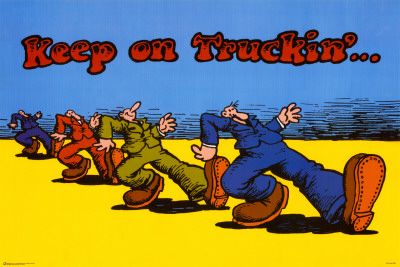Improving job satisfaction could be the single most important thing a boss can do.
–Tera Allas and Bill Schaninger
If you are a leader, McKinsey Quarterly authors Tera Allas and Bill Schaninger claim there is only one question that you need to ask and resolve:
How do I make my team members’ lives easier—physically, cognitively, and emotionally?
This isn’t easy to answer, and not only do leaders need to take into account their team members satisfaction levels, but they must also satisfy the needs of stakeholders/shareholders and internal/external customers.
Enter Servant Leadership, which per Wikipedia is defined as:
A Servant Leader shares power, puts the needs of the employees first and helps people develop and perform as highly as possible. Servant leadership inverts the norm, which puts the customer service associates as a main priority. Instead of the people working to serve the leader, the leader exists to serve the people.
Based on research, this mindset enhances relationships, team performance, and satisfaction levels. And it’s even suggested that managers are happier when they feel they are supporting others in their daily activities.
Conflict arises when workers are viewed as high performers for obtaining goals and possessing technical skills and as a result get promoted into leadership roles without taking into account “people” skills.
It’s probably no surprise that there is a direct link between employee satisfaction levels and the “boss relationship”, and surveys report that 75% of those surveyed said that their immediate boss was the most stressful aspect of their job.
As leaders we need to be very aware of our leadership style and our impacts on others. Dr. Travis Bradberry shares the “Worst Behaviors” to avoid:
- Making a lot of stupid rules
- Letting accomplishments go unrecognized
- Hiring and promoting the wrong people
- Treating everyone equally
- Tolerating poor performance
- Going back on their commitments
- Being apathetic
Next week we’ll talk about desired leadership skills and abilities; in the meantime, are there any behaviors you need to avoid to improve employee satisfaction levels?
There is one essential area where companies can create enormous social value: job satisfaction. –Tera Allas and Bill Schaninger





